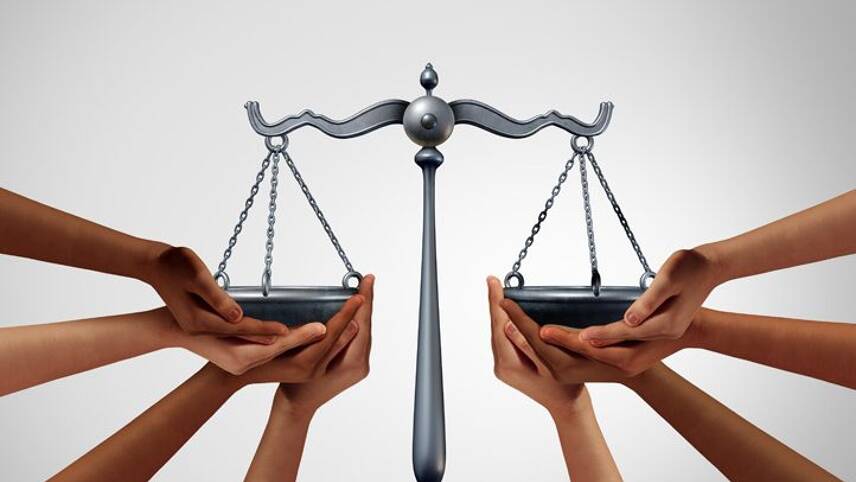Register for free and continue reading
Join our growing army of changemakers and get unlimited access to our premium content

The reasons for this are endless: low-income workers are less able to shield themselves, often work in industries with less job security and are the first to be laid off when businesses struggle. Perhaps they clean a hospital where they continually come into contact with people or have to keep delivering takeaways to keep a roof over their heads. And underpinning all of this, less affluent communities often are home to more Black, Asian and minority ethnic (BAME) residents than wealthy communities.
When it comes to building a movement towards tackling the climate crisis, we must acknowledge that all of our struggles are interconnected. And specifically, if social justice issues are siloed from environmental ones, the UK government’s target of achieving net-zero emissions by 2050 – even being an underwhelming target – will fall on deaf ears.
Why social justice = environmental justice
The reasons we need to decarbonise are the same reasons we need social justice. Fossil fuels and traffic disproportionately pollute marginalised inner-city communities, and individuals in the wealthiest nations will consume over 25 tonnes of raw material each year, while 800m people on the planet do not have enough to eat. Disconnecting net zero from human lives can become a problem when businesses attempt to galvanise their employees, investors, customers, and suppliers to buy into radical changes.
The need to put the human aspect of net-zero to the fore is most obvious when we describe the destination. I’m sure all of us in the sector would agree that we are working towards a future that is good for the planet and people – where humans live long, healthy, fulfilled, happy lives, and nature flourishes alongside us. This reaches the imagination in a way that the aim of net-zero cannot.
Make it human: embrace, integrate, engage
If the social injustices that sit alongside the environmental crises are integrated, we can mobilise deeper and faster action. We must embrace and actively promote how environmental action is improving lives to appeal to the widest audiences. For example, people may choose to leave the car at home for all journeys under a mile – whether they do this to cut carbon to protect coral reefs or reduce the exhaust fumes local children breathe, the effect is the same.
Social injustice mobilises people like no other issue. A sense of people being mistreated has been behind every societal movement and uprising. If we can explain that our net-zero actions will create a fairer society, we will get more people on board with our mission. Customers may be happy to get their latest clothes purchases in 72 hours rather than 24 hours if they know this will help reduce pollution that the kids on their street breathe. In fact, at Global Action Plan we tested this with polling and 4 out of 5 people would opt for 72-hour deliveries if it improves air quality.
There’s no universal motivator, so use every tool in the box
Showing how your plans will address social injustice will get your requests to hit home with more people, but it does not mean we shouldn’t use do all the other good engagement approaches too. If we can make actions easier, more attractive, and socially expected they will happen faster. Employees are still more likely to go electric if you put an EV on the company car list and use a salary sacrifice scheme to make it more affordable. These practical steps must also accompany the human motivation of making choices that benefit people and planet.
There is no single message we can use to get universal engagement in our environmental missions. But to appeal to the widest audience, we must first check that our net-zero plans do address social injustice, and then tell that story too. Let’s ensure that in reaching net-zero we set our sights on a fairer and healthier future for people and planet.
Chris Large is co-CEO at Global Action Plan



Please login or Register to leave a comment.